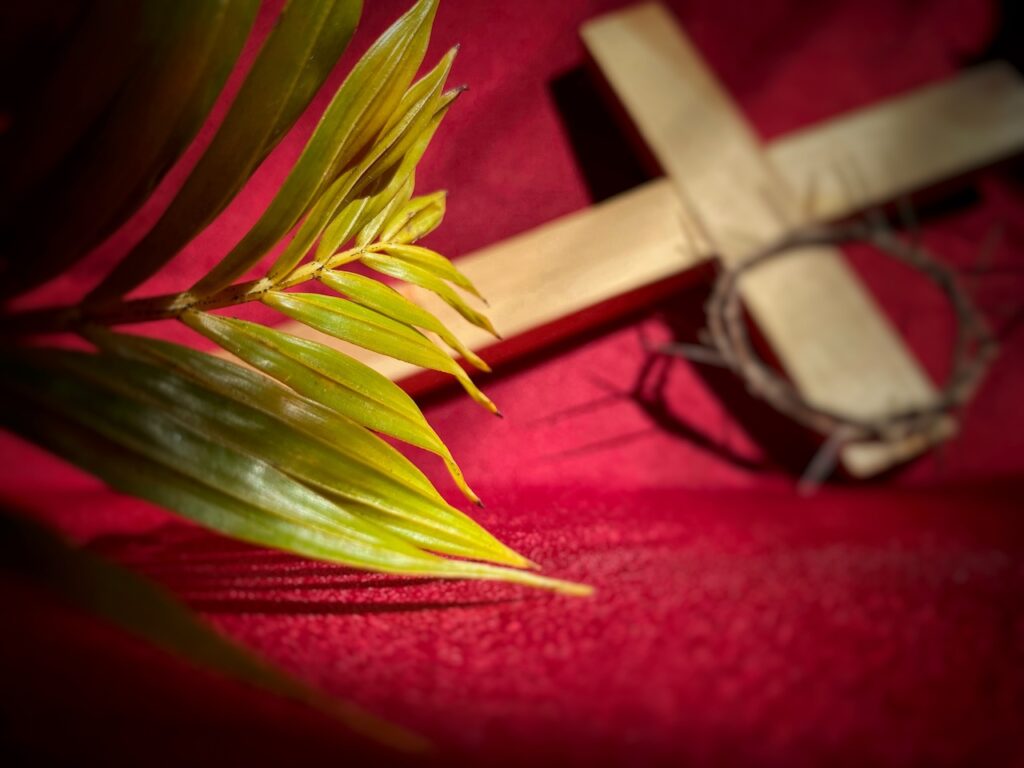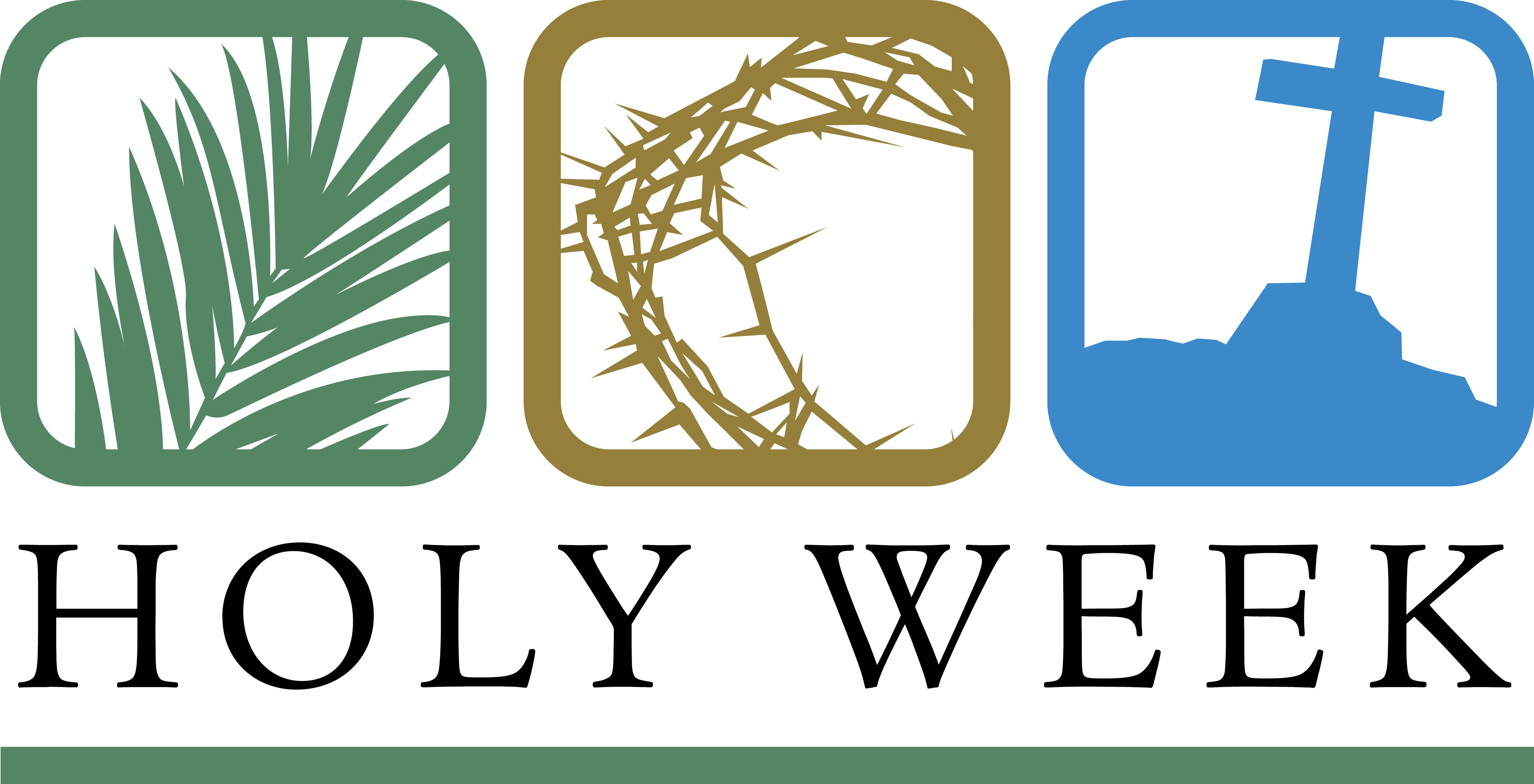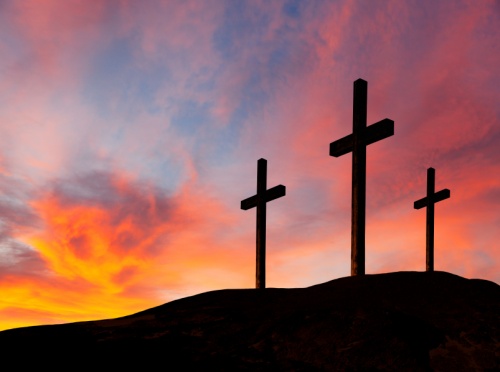
Holy Week, a period of great spiritual significance in the Christian calendar, commemorates the last days of Jesus Christ's life, from his triumphant entry into Jerusalem to his crucifixion and resurrection. This sacred week is a cornerstone of Christian tradition, observed by millions worldwide with deep reverence and solemnity. In this article, we will delve into the history, meaning, and events of Holy Week, exploring its profound impact on Christianity and its followers.
History and Meaning of Holy Week
Holy Week has its roots in the biblical accounts of Jesus' final days, as narrated in the New Testament. The week is a poignant reminder of Jesus' sacrifice, love, and redemption, serving as a powerful symbol of Christianity's core values. The events of Holy Week are deeply intertwined with the Jewish festival of Passover, which celebrates the Israelites' liberation from slavery in Egypt. Jesus' entry into Jerusalem, his Last Supper with the apostles, and his subsequent arrest, trial, and crucifixion are all closely linked to the Passover narrative.
Christianity and Holy Week
For Christians, Holy Week is a time of intense spiritual reflection, prayer, and contemplation. The week's events are seen as a testament to Jesus' unwavering commitment to his mission and his unshakeable love for humanity. The crucifixion, in particular, is viewed as a demonstration of God's boundless mercy and forgiveness, as Jesus willingly accepts suffering and death to redeem humanity from sin. The resurrection, which marks the culmination of Holy Week, is celebrated as a triumph of life over death, hope over despair, and light over darkness.
DAYS OF HOLY WEEK
Holy Week comprises several significant days, each with its unique character and significance:
Palm Sunday: Commemorates Jesus' triumphant entry into Jerusalem, where he is greeted with palm branches and hailed as the Messiah.
Maundy Thursday: Marks the Last Supper, where Jesus shares a meal with his apostles and institutes the Eucharist.
Good Friday: Observes the crucifixion and death of Jesus, a day of solemnity and mourning.
Holy Saturday: A day of quiet reflection and anticipation, as Christians await the resurrection.
Easter Sunday: Celebrates the resurrection of Jesus, a joyous affirmation of life and hope.
Events and Traditions of Holy Week
Throughout Holy Week, Christians engage in various events and traditions, including:
Processions and reenactments: Many churches and communities reenact the events of Holy Week, including the Passion Play and the Stations of the Cross.
Prayer and reflection: Christians participate in special prayer services, retreats, and meditation, seeking to deepen their understanding of Jesus' sacrifice.
Charitable acts: Many observe Holy Week by engaging in acts of charity, such as feeding the poor, visiting the sick, and volunteering.
In conclusion, Holy Week is a profound and meaningful period in the Christian calendar, offering a powerful reminder of Jesus' love, sacrifice, and redemption. As we journey through these sacred days, we are invited to reflect on our own faith, to deepen our understanding of Christianity's core values, and to reaffirm our commitment to living a life of love, compassion, and service. Whether observed in grand procession or quiet contemplation, Holy Week remains an indispensable part of Christian tradition, a testament to the enduring power of faith and the human spirit.









